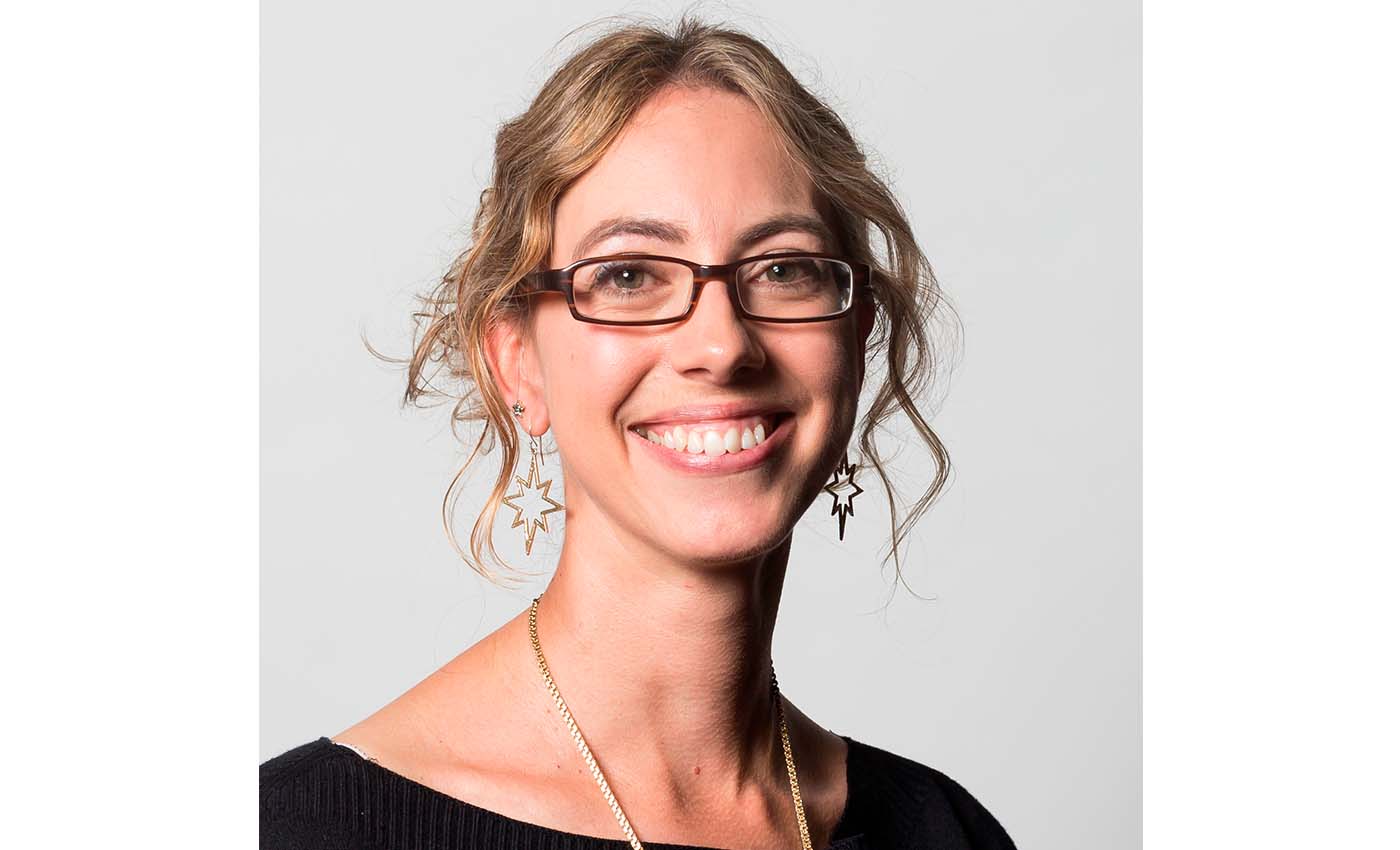Due to the COVID-19 social distancing rules, the next London PUS Seminar will be taking place on Zoom on Wednesday 27 May 2020 at 4.00pm, when Dominic Berry from LSE’s Narrative Science project will be giving a talk titled “Understanding Biological Engineering through genre: a historical study of New Scientist”
Further details and an abstract are below.
While this is an experimental (and hopefully temporary) move online, we hope that colleagues who cannot normally attend our seminars will be able to take this opportunity to join us. To ensure we don’t overwhelm the technology however, we would be grateful if you could register your attendance here:
A link to the Zoom call and further joining instructions will be sent to those registered next week.
We hope to see you online!
Best wishes
Martin Bauer, Jane Gregory, Simon Lock, Melanie Smallman
London PUS Seminar, 4pm 27 May 2020. Zoom.
Dominic Berry, LSE
Understanding Biological Engineering through genre: a historical study of New Scientist
This presentation offers a new starting point for understanding the history and development of biological engineering, one that tackles its public life directly. We are confronted with numerous images of biological engineering in popular science writing, journalism, and fiction. My perspective integrates the history and public understanding of science with methods and means of analysis taken from genre theory. The end result is the construction of a new landscape of biological engineering, one which is more ready at hand, which can be used to tackle cliché, identify missed opportunities for discussion, and deflate sensationalism without sidestepping politics. My integration is inspired by the ongoing Narrative Science project, which draws together literary scholarship and narratology with the history and philosophy of science, in order to analyse the ways in which narrative – as a way of arriving at new knowledge – has been and continues to be an important feature of scientific research life.
Biography:
Dr Dominic Berry is Research Fellow on the Narrative Science project, an ERC funded project based at the LSE and lead by Prof. Mary S. Morgan. More about the project, its activities, working papers, and range of resources, can be found on the project site:https://www.narrative-science.org/ In 2019 Dominic won a British Academy Rising Star Engagement Award, which he used to fund a two-day international workshop on integrative potentials between literary scholarship, the environmental humanities, and the history of science and technology. He is interested in the public understanding of science and the purposes and uses of history therein, in particular because his chosen research subject (biological engineering) has particularly rich and numerous valences for a variety of publics. In 2019, together with Dr. Janella Baxter and Dr. Rob Smith, he founded a new international network for historians, philosophers, and social scientists studying intersections of biology with technology and engineering. More about the Biological Engineering Collaboratory can be found at: https://www.bioengcoll.org/


 Hauke Riesch
Hauke Riesch
